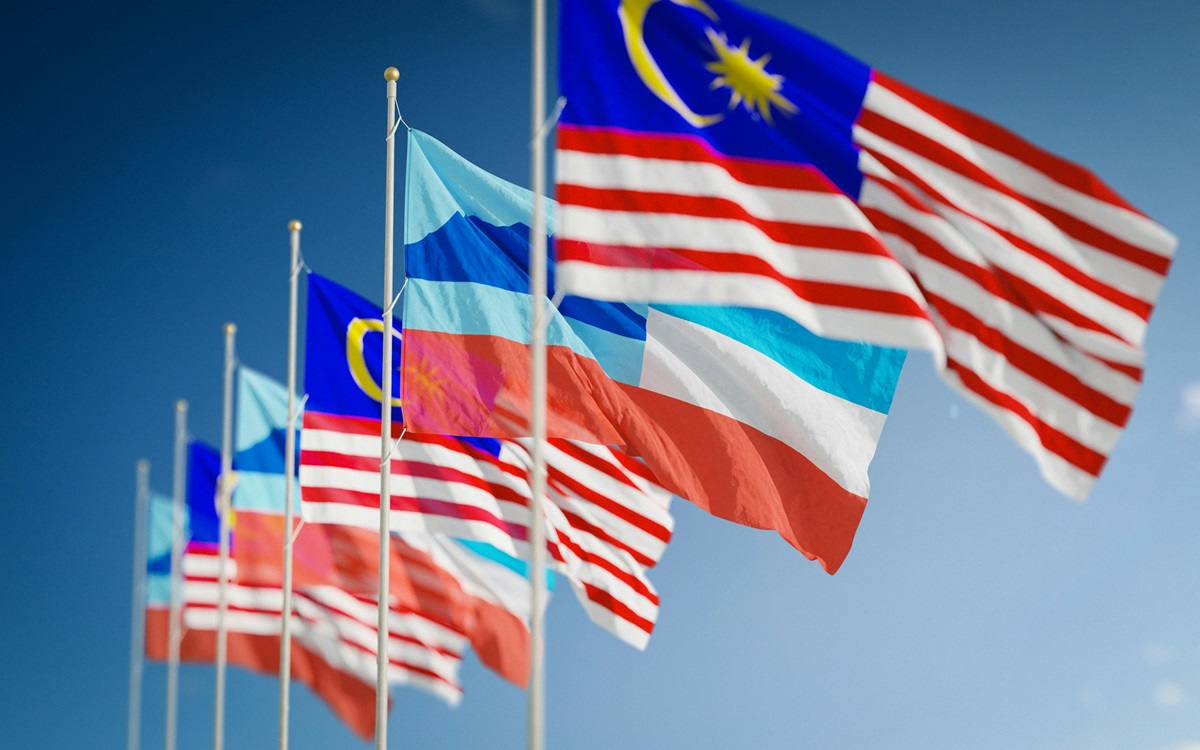AS Sabah mulls the upcoming election season, a corruption scandal has stirred up Sabah’s political scene, creating a mix of excitement, doubt, and curiosity.
Several top figures in the Gabungan Rakyat Sabah (GRS) government, including Chief Minister Datuk Seri Hajiji Noor, are now caught in the spotlight. A whistleblower has come forward, claiming to have recordings and screenshots that reveal a bribery scheme worth millions. This could turn into a major political drama, shedding light on how power works in Sabah.
In Sabah, though, corruption itself isn’t shocking news. Many people see it as “standard practice.” Contractors often back political campaigns, hoping to receive big projects in return if their candidates win. This system, where money and politics mix closely, has been common for years. But what surprised people this time wasn’t the accusation – it was that the Malaysian Anti-Corruption Commission (MACC) was actually investigating it. This rare step has drawn interest from both the public and political leaders.
The whistleblower, staying anonymous, claimed that eight Sabah assemblymen took bribes amounting to RM4 million. They say they have strong evidence – video clips and message screenshots – but would only release it if MACC gives them written protection from prosecution. MACC’s refusal to provide this has caused debate, with Warisan’s legal advisor Chin Tek Ming urging MACC to be more flexible. Chin argues that the Whistleblower Protection Act should shield those reporting corruption and worries that refusing protection may stop future whistleblowers from coming forward.
Chin’s concerns touch on a larger issue: how does one break a system that has run on “political funding” for decades? Sabah’s politics often involves a give-and-take relationship between contractors and politicians. Chin suggests that MACC treat this whistleblower as a witness, not an accomplice. This could encourage others to step forward and report abuse of power in Sabah’s political world.
In the face of these allegations, GRS is standing its ground. GRS information chief Datuk Joniston Bangkuai insists that GRS won’t let these claims distract them. Bangkuai says Chief Minister Hajiji has already called for an investigation and promised cooperation. He feels this scandal could be a political strategy by rivals to damage GRS’s image. Bangkuai says GRS is focused on Sabah’s progress and the wellbeing of its people.
But this scandal has roots in past conflicts. GRS’s rise to power after the 2020 state election didn’t sit well with Umno, a former partner. Umno, once a major player in Sabah, now feels sidelined. This tension boiled over in late 2022 and early 2023, when Umno and Warisan attempted to unseat GRS.
Sabah Umno chief Datuk Seri Bung Moktar Radin announced that Umno would pull its support, challenging Hajiji’s leadership. GRS managed to stay in power, however, with support from Sabah Pakatan Harapan (PH), who, though in opposition, backed Hajiji as chief minister.
If the scandal ends up involving Hajiji directly, GRS may have to consider a new leader. Deputy Chief Minister Datuk Seri Masidi Manjun is seen as a possible replacement, respected enough to provide stability for GRS. But if this happens, it would show how quickly power can change hands in Sabah, where alliances are constantly shifting, and political rivalries run deep.
Many have linked this whistleblower’s actions to Umno, suggesting the party would benefit most if GRS weakens. Beaufort Umno Chief Awang Aslee Lakat acknowledged that some think Umno had a hand in bringing the case to light, but he firmly denies this, calling it baseless.
“Why are certain parties linking Umno as the mastermind behind the exposure of this corruption case?” he asked.
For Sabahans, this scandal is a reminder of the tricky balance between honesty, power, and influence that affects their daily lives. While the idea of corruption isn’t surprising, the possibility of a serious MACC investigation brings a glimmer of hope for real accountability – something that could be more powerful than any campaign promise.
As the election nears, Sabah’s voters may soon get their say on whether this story brings real change or simply adds another chapter to Sabah’s history of political power plays. – November 16, 2024
Elizabeth Grace reads Scoop

